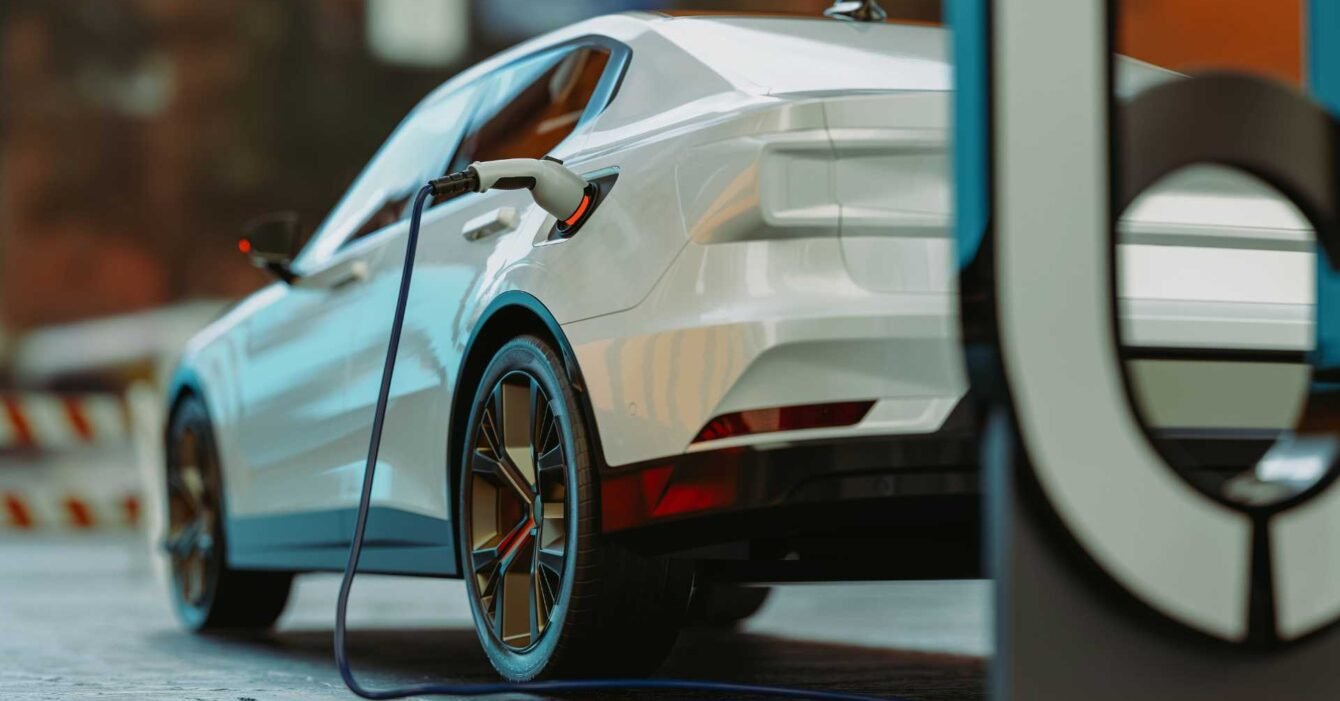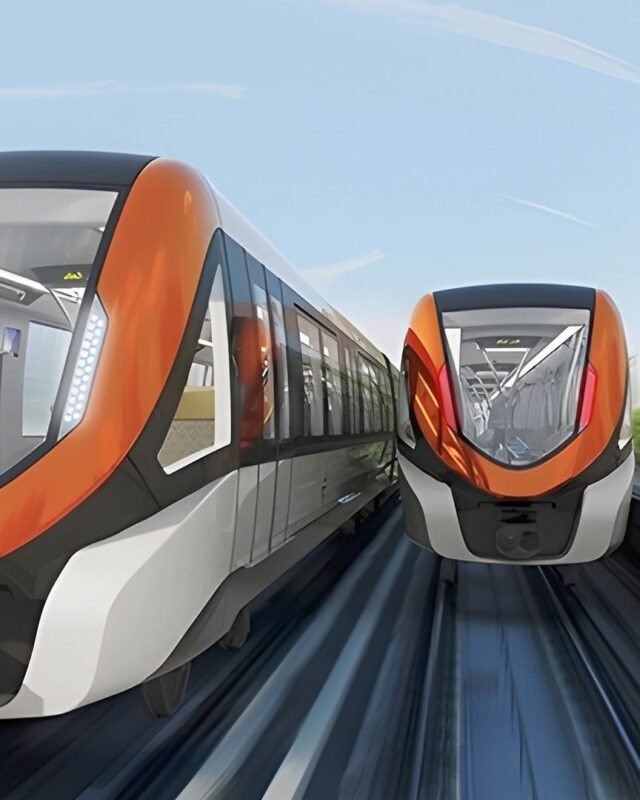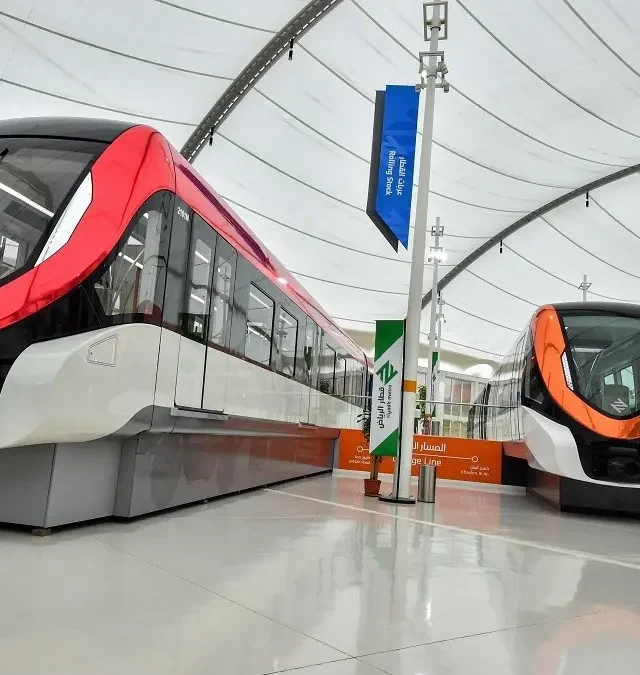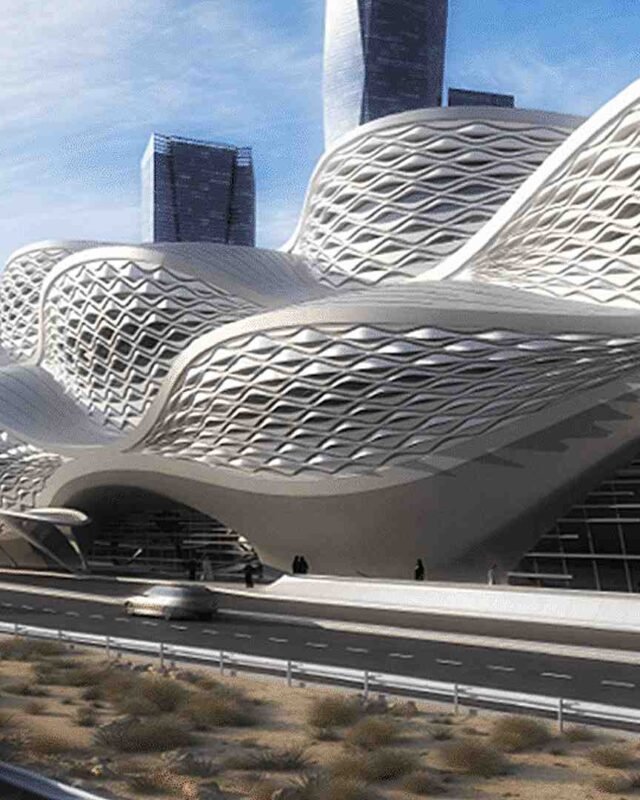Riyadh’s 30% EV Target by 2030: A Market Entry Signal
Saudi Arabia’s plan to electrify 30% of vehicles in Riyadh by 2030 is more than a climate pledge, it’s a market signal. For global EV players, this sets a clear demand trajectory for passenger EVs, charging infrastructure, and fleet electrification. With over 3 million vehicles currently on Riyadh’s roads, the transition implies nearly 1 million EVs in circulation within five years. That’s a sizable entry point for OEMs, battery suppliers, and charging solution providers.
500,000 EVs Annually by 2035: Local Production Meets Global Scale

Saudi Arabia’s Ceer Motors, backed by the Public Investment Fund (PIF), aims to produce 500,000 EVs annually by 2035. This domestic manufacturing push is central to the Saudi Oil-to-Green Transition, offering global EV brands a chance to localize production, tap into regional supply chains, and benefit from favorable trade terms across the Gulf Cooperation Council (GCC). Joint ventures, licensing deals, and component sourcing partnerships are already gaining traction.
70% Renewable Grid by 2030: Clean Energy for Clean Mobility
Saudi Arabia’s goal to generate 70% of its electricity from renewables by 2030 directly supports sustainable EV adoption. For global players, this means the charging ecosystem will increasingly rely on solar and wind, reducing lifecycle emissions and enhancing ESG alignment. It also opens the door for energy-tech collaborations—think smart charging, vehicle-to-grid (V2G), and decentralized storage solutions.
$3.3 Billion in EV Incentives: A Demand Catalyst
The Kingdom has committed $3.3 billion in EV-related incentives, including tax exemptions, infrastructure grants, and consumer subsidies. For global EV brands, this creates a fertile environment for market penetration. Early movers can leverage these incentives to reduce entry costs, boost sales, and build brand loyalty. The incentives also extend to fleet operators, making B2B partnerships with logistics and ride-hailing firms a lucrative channel.
NEOM’s $50B Mobility Sandbox: Testbed for Innovation
NEOM, Saudi Arabia’s $500 billion smart city, allocates over $50 billion to mobility infrastructure. From autonomous shuttles to hydrogen taxis, NEOM is a live testbed for next-gen transport. Global EV players can pilot new technologies, co-develop with local partners, and gain regulatory insights in a controlled environment. NEOM’s zero-carbon mandate aligns perfectly with the Saudi Oil-to-Green Transition, offering a showcase for innovation.
Market Metrics: What Global EV Players Should Track
To navigate the Saudi EV landscape, global players should monitor:
- EV registration growth (currently <1%, projected to reach 15% by 2028)
- Charging station deployment (target: 50,000 units by 2030)
- Grid carbon intensity (declining with renewable expansion)
- Fleet electrification in logistics and public transport sectors
These metrics help assess timing, scale, and strategic fit for market entry.
Also Read: BYD Expands Showrooms as Saudi EV Market Heats Up



